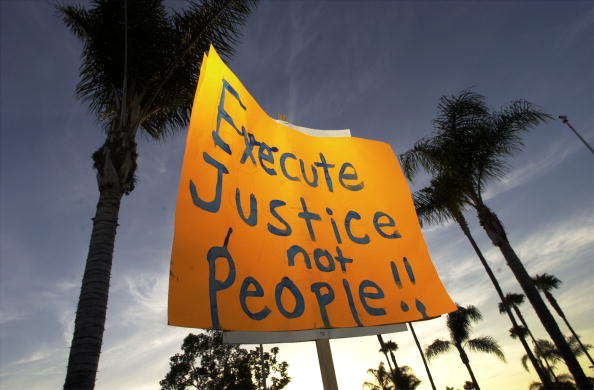
Photo by David McNew/Getty Images)
At a recent public debate of California’s competing ballot initiatives on the death penalty, Paul Pfingst, a former district attorney for San Diego County and a supporter of Prop 66, spoke about the role race plays in the death penalty.
He said that race plays a role in every facet of the criminal justice system, but the notion that “the people making these decisions [about death penalty sentencing] are just a bunch of racists who don’t care about these things, is just unfair.” SEE THE REST OF THIS POST

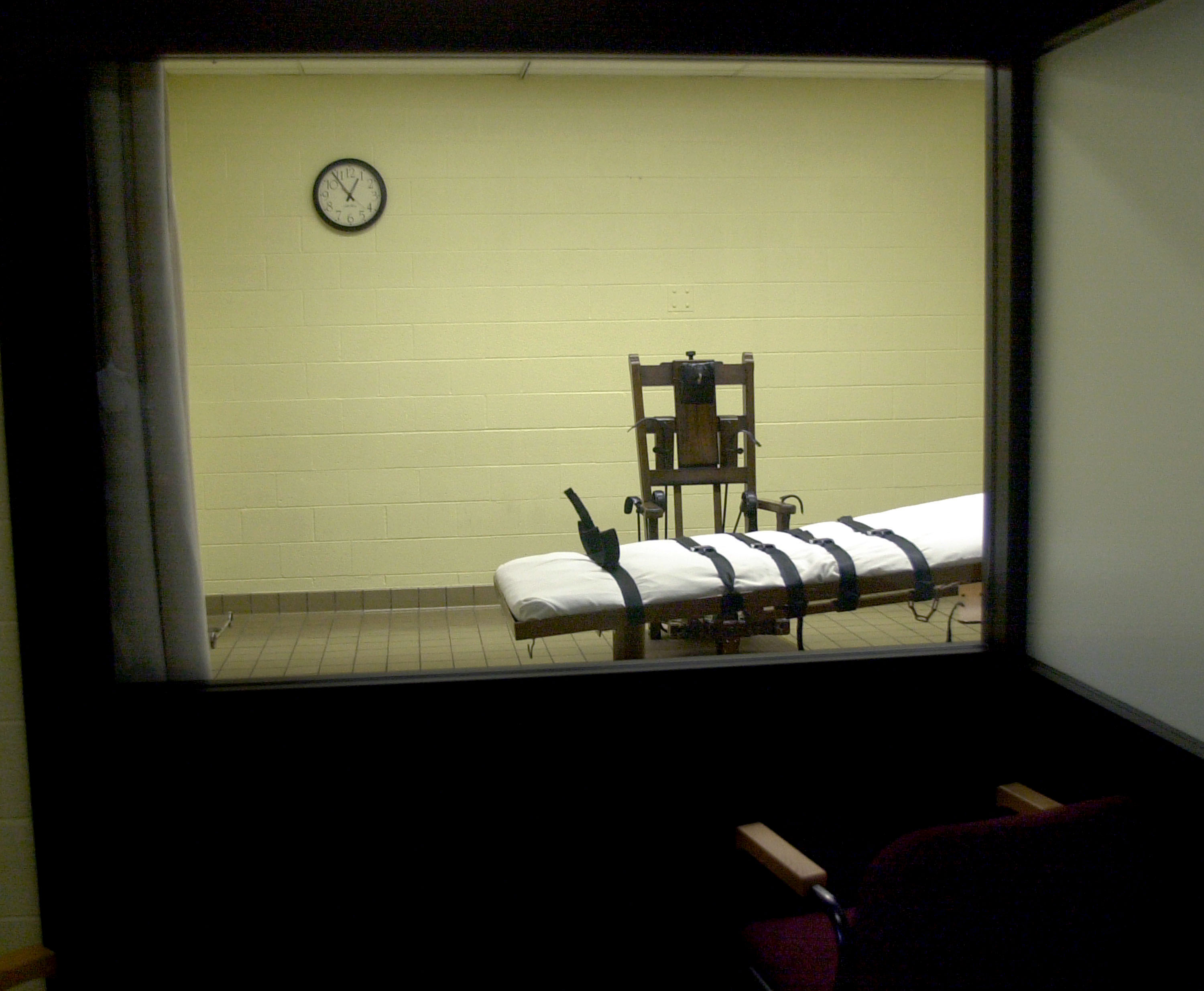
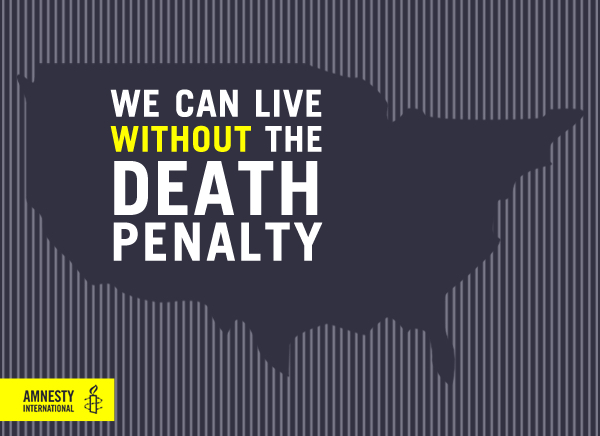
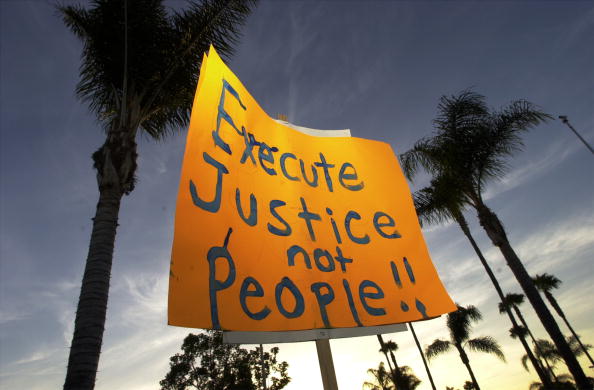

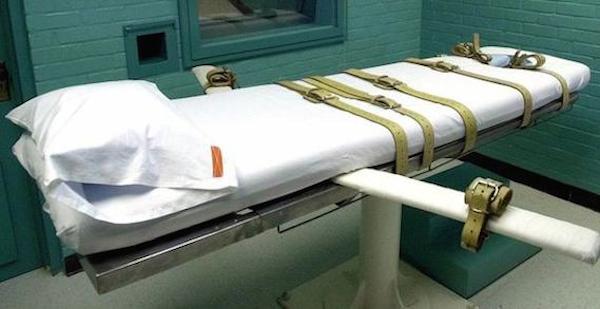
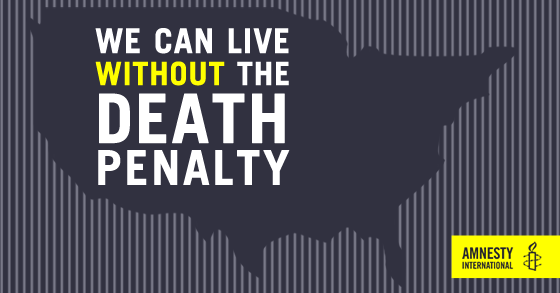 In a stunning move this morning, Nebraska lawmakers
In a stunning move this morning, Nebraska lawmakers  Amnesty International released its annual death penalty report last week,
Amnesty International released its annual death penalty report last week,